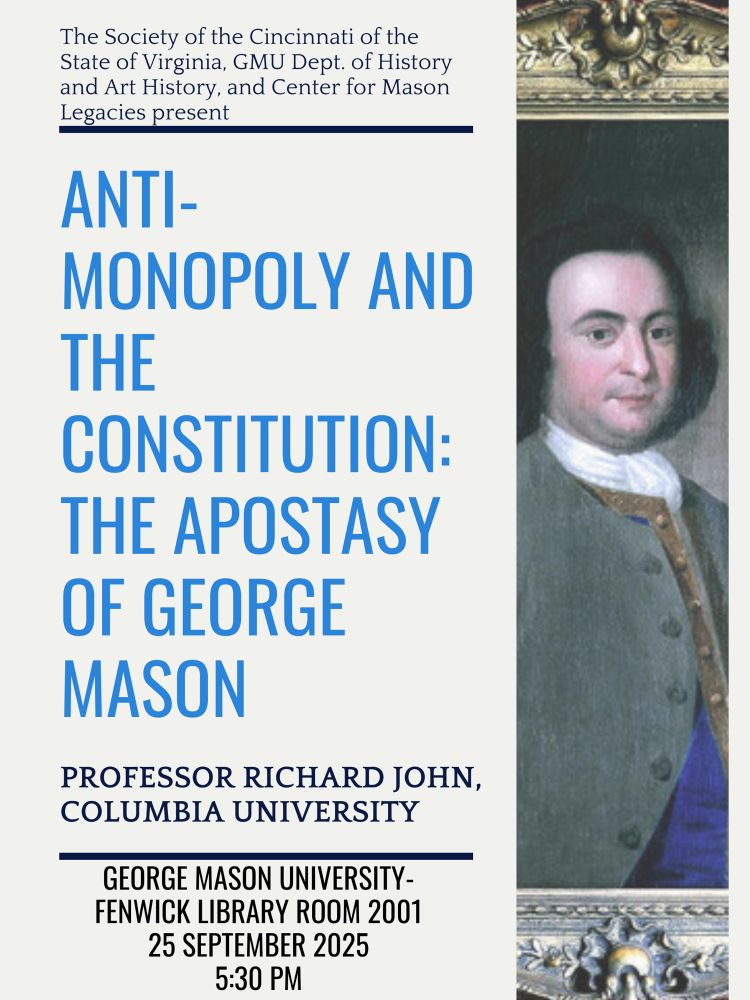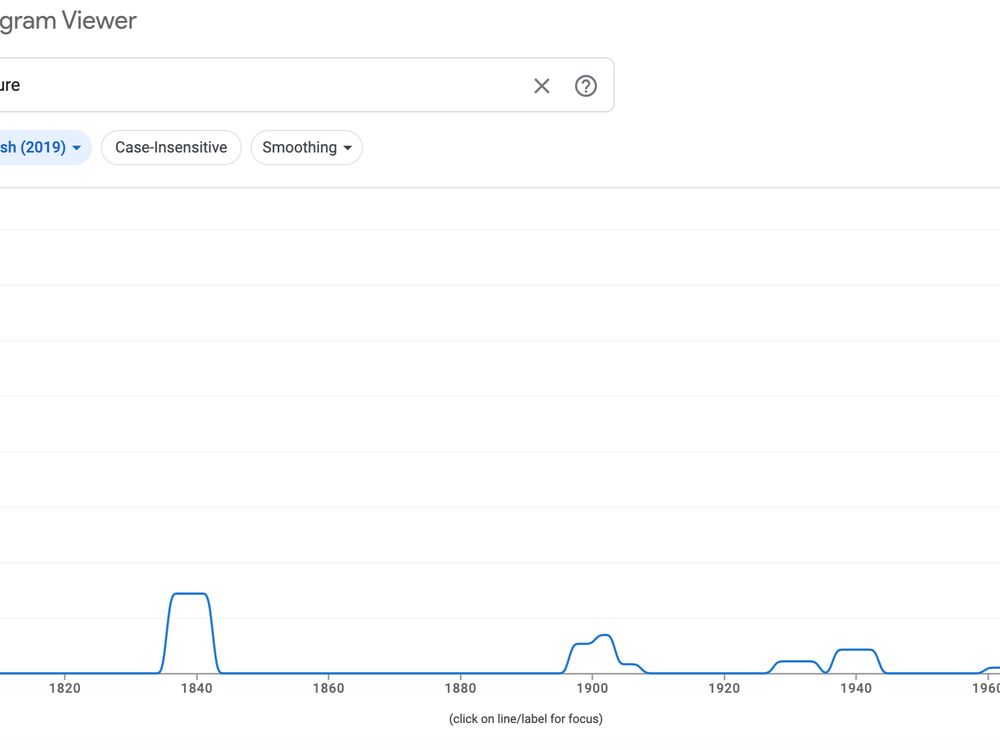Richard R. John

Reposted by: Richard R. John

Reposted by: Richard R. John
Reposted by: Richard R. John
Reposted by: Richard R. John
Richard is working on a history of American anti-monopoly thinking. I was wondering if he'd bumped into any antecedents for regulatory capture theory.
Reposted by: Richard R. John
Reposted by: Richard R. John
Reposted by: Richard R. John
Reposted by: Richard R. John

Reposted by: Richard R. John
Reposted by: Richard R. John
Reposted by: Richard R. John
View post
Reposted by: Richard R. John
Reposted by: Richard R. John
Reposted by: Richard R. John
At certain data volumes and distances, the pigeon is a quicker option for large swaths of rural America.

Reposted by: Richard R. John

Reposted by: Richard R. John
Reposted by: Richard R. John
Reposted by: Richard R. John



“We are particularly interested in candidates pursuing pioneering research agendas in: Science, Technology, and Society (STS); media law and policy; media history; global media….”
apply.interfolio.com/162364
“Plutocracy is its own kind of dictatorship. When companies larger, wealthier and more powerful than most world governments threaten individual liberty with coercive private taxation and regulation, it threatens our way of life."
Jonathan Kanter, antitrust head. DOJ, 2024
